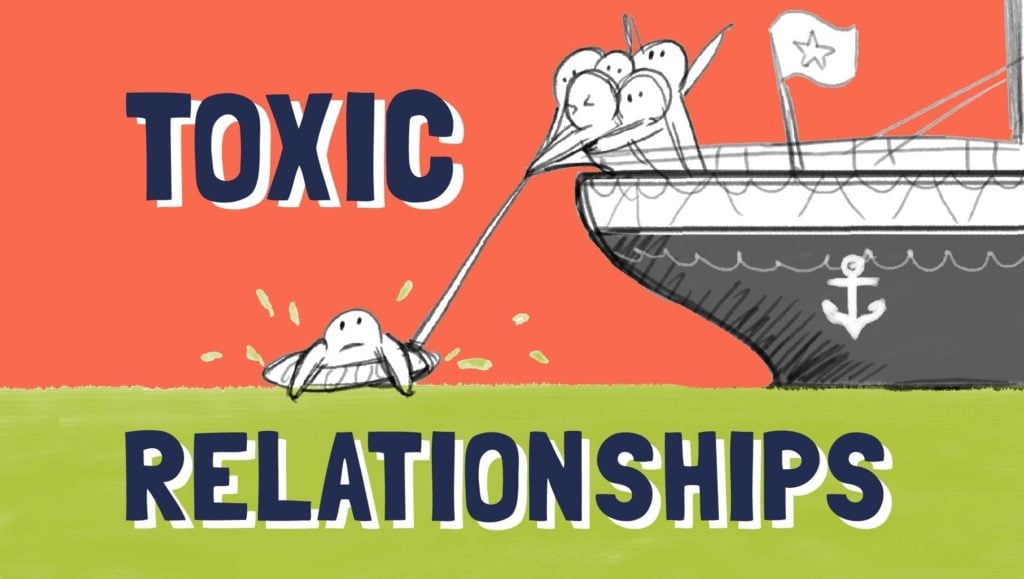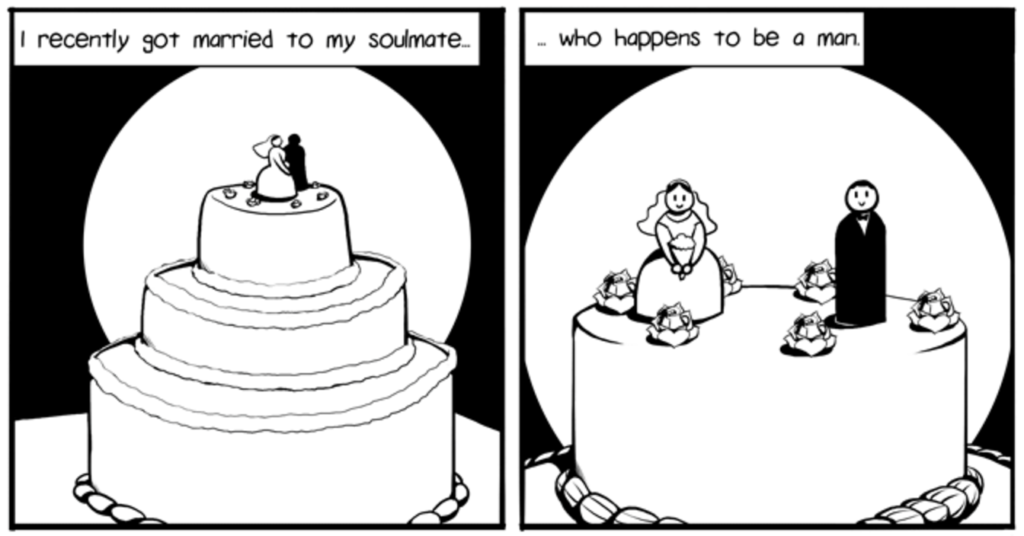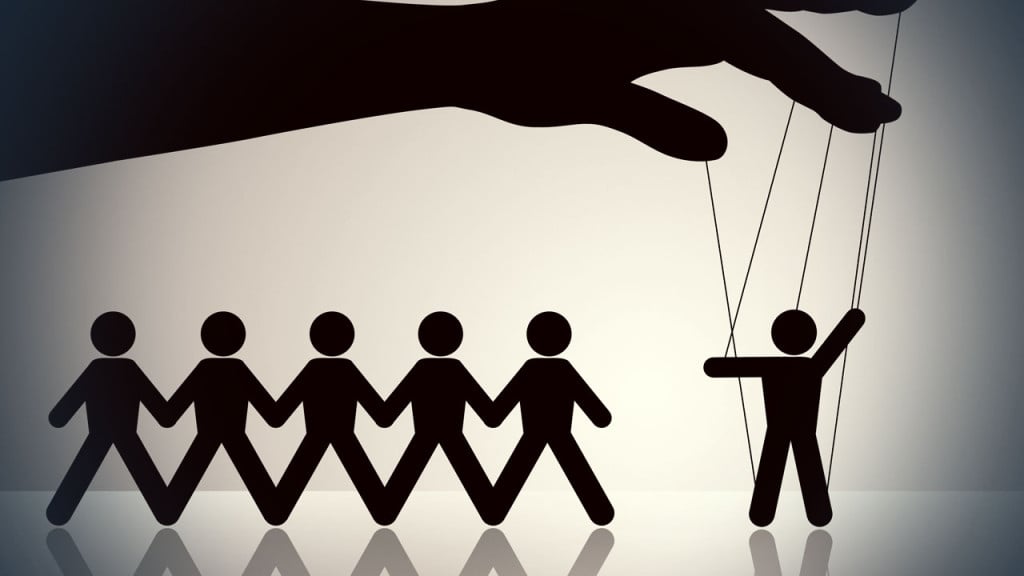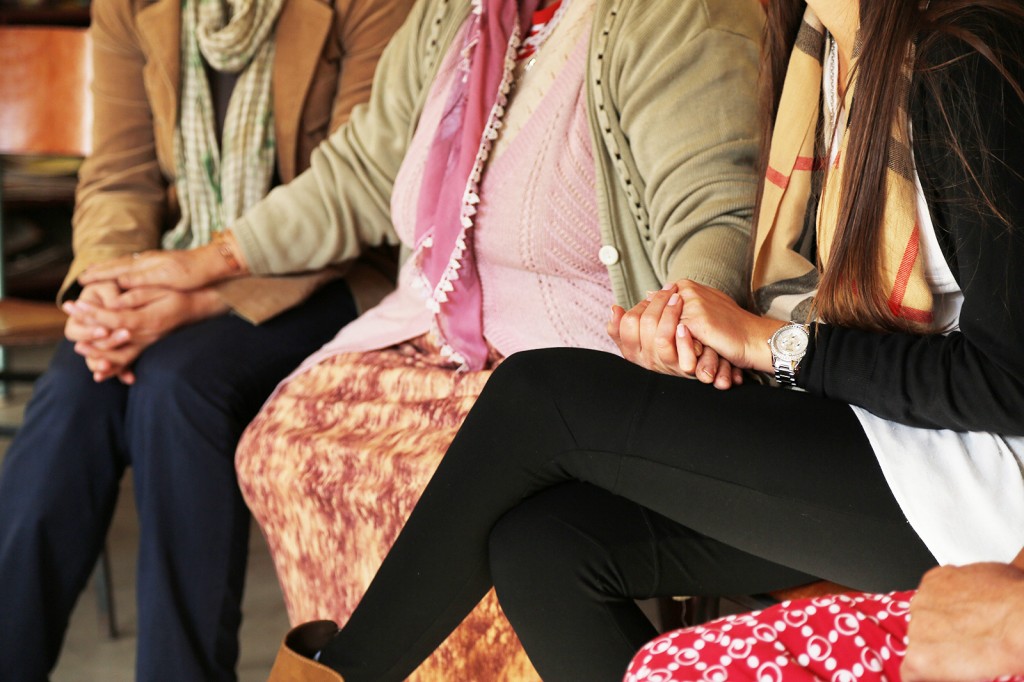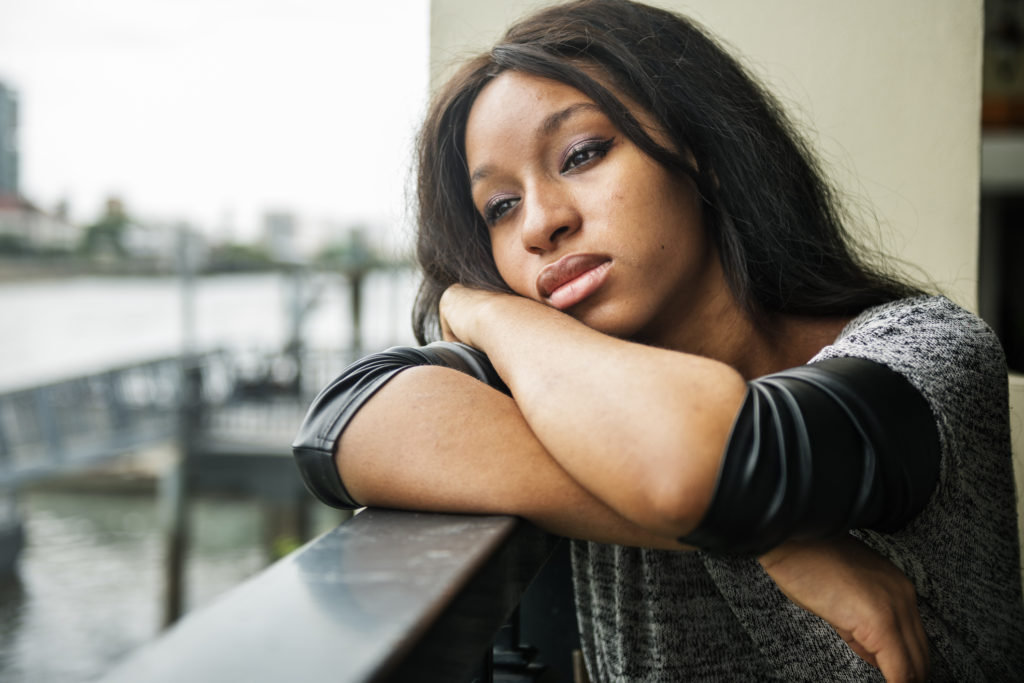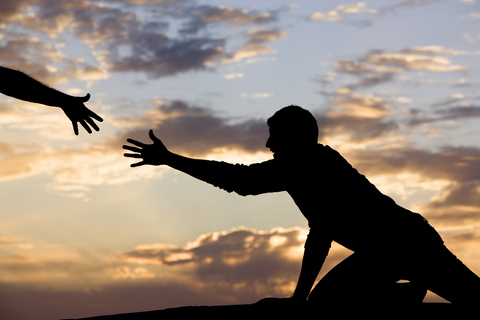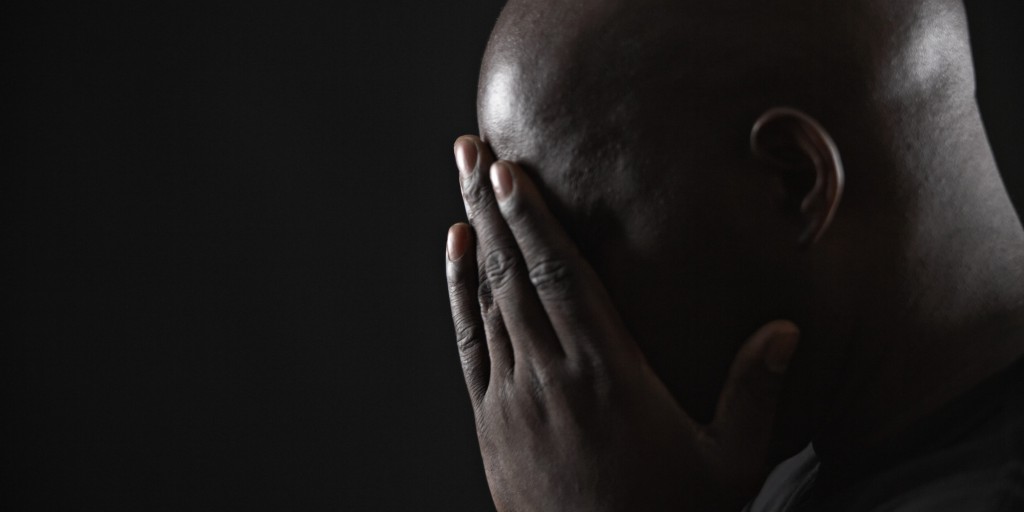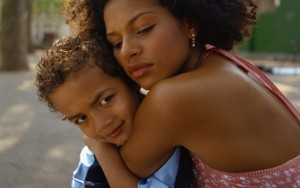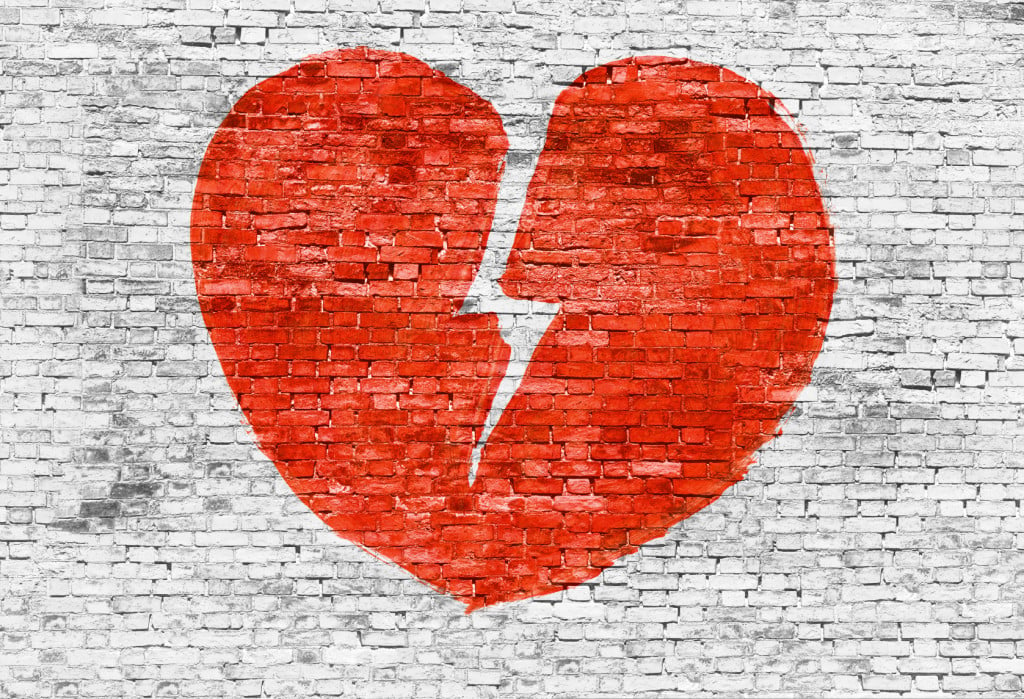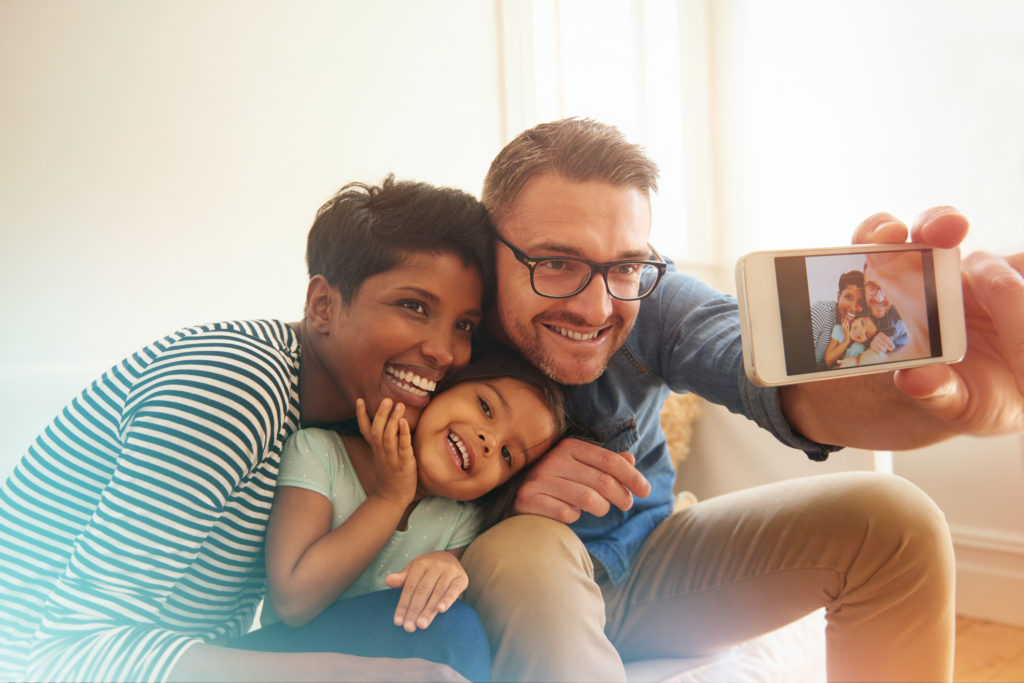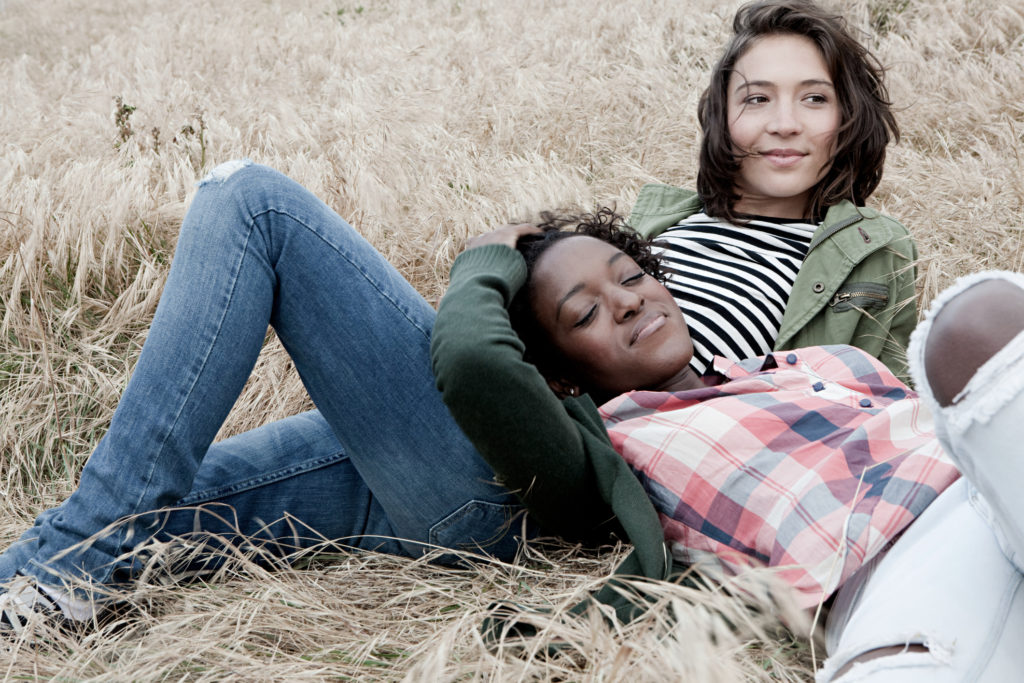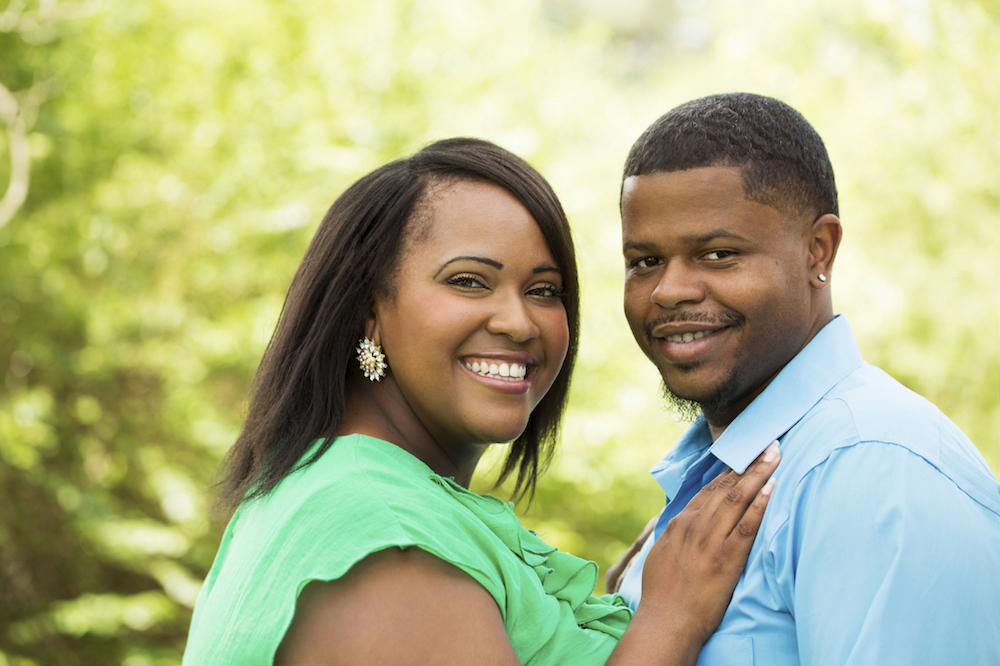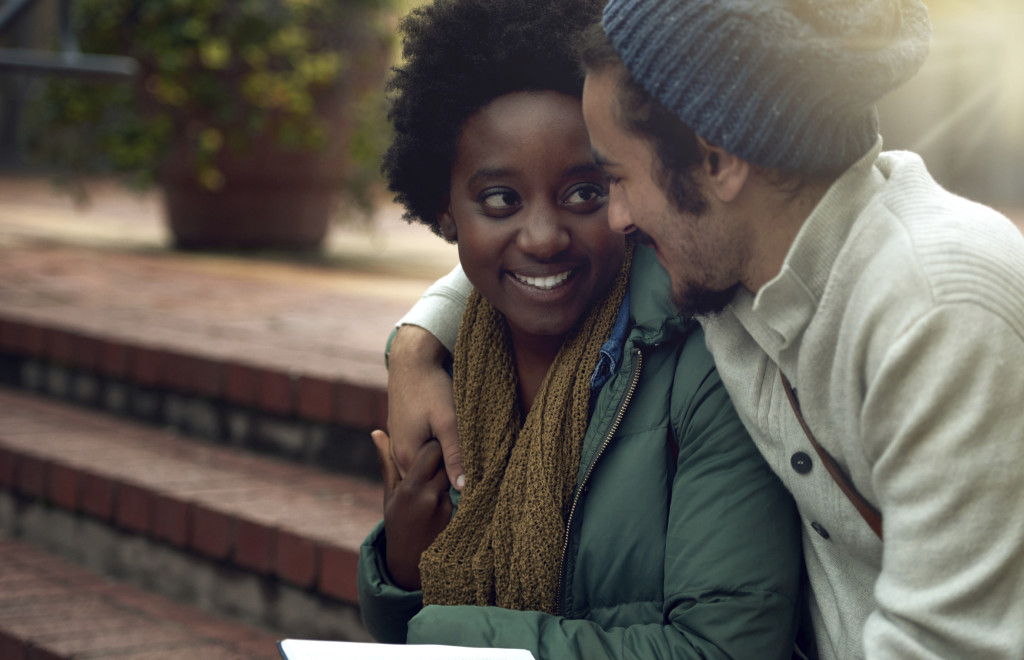Search results for: intimate partner violence
9 Fantastic Ways to Be a Practicing Feminist with Your Partner
What does feminism look like in a relationship? Try these great tips to foster a healthy, supportive partnership.
Read More6 Steps to Ending a Toxic Relationship with a Friend or Partner
How can you tell if a friendship or relationship is toxic – and what can you do about it? These steps might give you a good start.
Read MoreDon’t Say This to Your Bisexual Partner
Does getting married mean a bisexual person has “picked” a side? No – and here’s why it hurts to make such assumptions.
Read MoreHow to Support a Friend or Partner with Social Anxiety
Do any of your loved ones have social anxiety? It’s a draining burden to carry, so here’s Celia Edell with some great suggestions on where to start with giving the support they need.
Read More7 Ways to Tell If Your Partner Might Be Manipulative
Once this author recognized these patterns, she realized she wasn’t a bad partner – she was being manipulated. If you spot these signs in your relationship, it may be time for you to consider this possibility, too.
Read MoreSupporting Your Partner in Their Healing from Sexual Trauma
Healing after sexual trauma can be an erratic, draining, and difficult process. It can also be extremely rewarding and empowering. While it is common for the partner of a rape survivor to feel helpless, there are many ways that they can be an excellent source of support. Here are some ideas to consider when attempting to support your partner with their healing.
Read More5 Post-Election Affirmations for Sexual Violence Survivors
“Whatever you feel is okay.” It’s been a hard year for sexual assault survivors in the US – so here are some affirmations that you deserve to help you heal.
Read MoreHow Our Voices Are Weapons Against Patriarchal Violence
In response to patriarchal trauma, this powerful spoken word poem addresses the resilience that happens when women assert themselves. It reminds women that they are more than insults, than tools to provide some man a sense of pleasure or power. It reminds women that their voices ARE the weapons that can fight and conquer systemic and cultural oppression.
Read MoreHow to Support a Trans Survivor of Domestic Violence
You know that not only does domestic violence in the trans community play out in slightly different ways, but trans survivors often face obstacles when trying to access resources. It’s not easy to approach a loved one about their abusive relationship. But you don’t need to be an expert. You just need to be there.
Read MoreLet’s Talk About Domestic Violence in the Trans Community
Domestic violence is about power. When one’s trans identity challenges conventional gender definitions, its boundaries, and its performances, DV survivors can often feel disempowered. And because it is happening in trans* communities, we need to talk about it and what you can do to help. With the right knowledge and tools, you can help facilitate recovery.
Read MoreWhat is Normal? Addressing Violence with Young People
Generational violence is a huge normalizing factor, and challenging a youth’s parents, or at least their teachings, can be very difficult for some kids. Do I think we need to back off? No. Do I think we need to dumb it down? No. Do we need to acknowledge that violence is a foundational part of the lives of many young people? Absolutely. So how can you be a translator?
Read MoreHow To Speak To Your Children About Violence
With the repeated images of real life violence, including the Boston marathon tragedy, children’s (and adults’) emotional health are being affected. An easy response is “turn off the TV!” However, simply not allowing children to watch television is not enough to help them cope with violence. We need better approaches to help this generation of youth cope with and resist a culture of violence.
Read MoreI Am a Complicated Latina Feminist, Ending Violence
I am a 28-year-old Latina feminist who lives with her formerly abusive dad. I can afford to move out but I don’t because I feel an obligation to look after my father. Everything I do is with the hope of making him proud, making him feel loved, and trying to repair whatever is broken inside of him that causes him to be abusive. I want to break so many chains and unlearn so many generations of abuse.
Read MoreHow We Can Address Sexual Violence on Campuses
The grim reality is that at least 1 in 4 college women are survivors of sexual violence, and our institutions are not doing enough to stem this terrible tide. It is time that more of us join these committed activists in transforming the culture and climate of our college and university campuses. Whether you’re a parent, a student, or alumni, here are a few ways that you help.
Read More7 Ways Transmasculine Folks Experience Emotional Abuse in Relationships
The toxic and abusive expressions of “love” that this author has experienced are far too common. If you notice any of these patterns in your relationship(s), here’s a chance to make a necessary change.
Read More6 Questions to Ask If You Have More Privilege Than Your Partner
Can you relate more to this author or her partner? If your partner has a marginalized identity you don’t share, these questions may help you be supportive.
Read MoreHow to Help Your New Partner Respect Your Kids’ Boundaries
Have you ever clashed with a new partner about your kids’ eating habits or privacy? It can be tricky, but these strategies will help you navigate these situations.
Read More5 Ways to Navigate Consent with a Partner Who Has Trouble Setting Boundaries
Setting boundaries is a challenge for many people – so what do you do about sexual consent if your partner has a hard time saying “no?” Try these steps.
Read MoreDating While Fat: 5 Questions I Ask Before Committing to a Partner
Being fetishized and shamed as a fat, Black, queer woman is so common that this author has come up with five essential questions about dating partners. Here’s an empowering take on what it means for her to be valued in a relationship.
Read More8 Warning Signs Your Partner is Actually Really Sexist
You might be used to encountering sexism on a daily basis without really noticing – but if these sound familiar for your relationship, you deserve to have something done about it.
Read More


